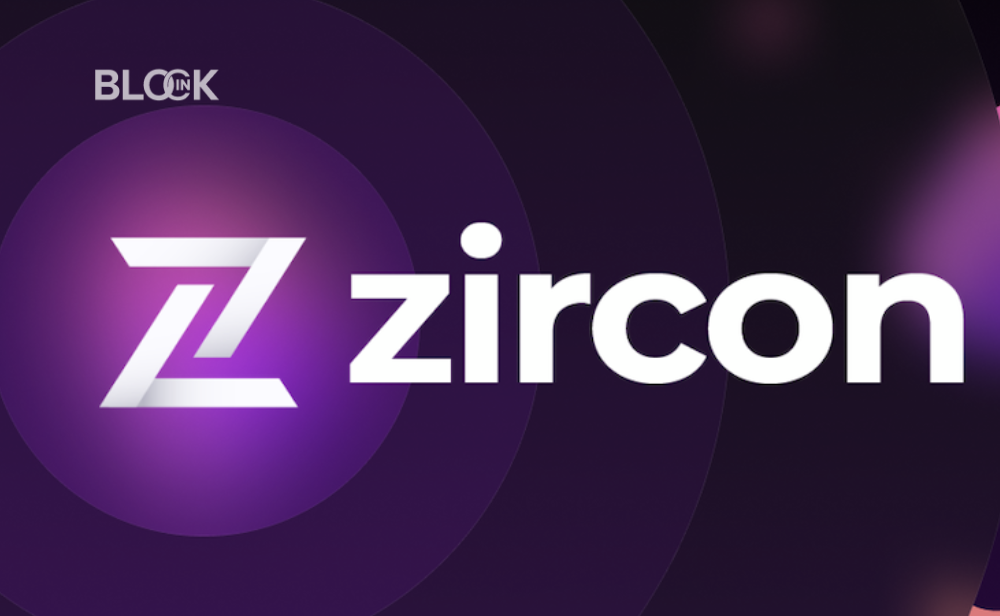
Zircon Finance, a Moonbeam-based automated market maker (AMM) and decentralized exchange reportedly disclosed details of a mainnet network release, to deal with impermanent loss issues in DeFi.
Specifically, impermanent loss is a term used to refer to a condition in which investors lose assets they had previously dedicated to offering liquidity to a liquidity pool for earning profits via yields.
The mainnet network, going by the name “Zircon Gamma”, reportedly has a primary target of fighting against that kind of losses via single-sided liquidity over the Moonriver network, which tranches or splits risks between a volatile cryptocurrency and a stablecoin.
For instance, in the case of an ETH/USDC pool, Zircon reportedly makes it possible for Ether (ETH) to maintain full exposure while ensuring safety via USD Coin (USDC) stablecoin.
Furthermore, the mainnet enables both sides to generate swap fees.
Per Zircon explanation, loat liquidity pools such as ETH increases twice their gains over regular pools but remain at the risk of impermanent loss. Nonetheless, the AMM’s in-house Async LPing mechanism brings down the risk by a minimum of 90%.
The mechanism carries this out via incentivizing liquidity pools to restock lost ETH funded via the earned fees. Andrey Shevchenko, co-founder of Zircon, further disclosed his inspiration to build that kind of system is driven by the traders’ need for a flexible and permissionless solution.
“Too many people got burned by teams making fantastic but misleading claims about removing or compensating impermanent loss. In some cases, the mechanism (involving dynamic fees) they offer just doesn’t really do anything.”
Shevchenko took into account the visible failure conditions in case a token nosedives to $0, but argued that “but Zircon reduces it enough to make impermanent losses a non-issue. What’s more, we can weaponize it for creating options.”

Comments